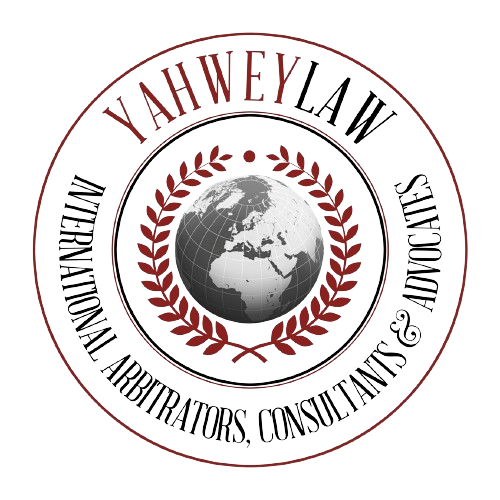Understanding the Roles of Arbitrators, Consultants, Management, and Advocacy Groups
When it comes to resolving disputes, providing expert advice, overseeing operations, or advocating for a cause, there are several key players that come into play. These include arbitrators, consultants, management, and advocacy groups. Each of these entities plays a unique role in their respective fields and contributes to the overall functioning of organizations and society as a whole.
Arbitrators
Arbitrators are individuals who are appointed to resolve disputes between parties in a fair and impartial manner. They act as neutral third parties and help parties reach a mutually agreeable solution without the need for litigation. Arbitrators are often experts in their respective fields and have a deep understanding of the legal and procedural aspects of dispute resolution.
Arbitrators are typically chosen by both parties involved in the dispute or are appointed by a court. They conduct hearings, review evidence, and make decisions based on the facts presented to them. The decisions made by arbitrators are binding and enforceable, providing a cost-effective and efficient alternative to traditional court proceedings.
Consultants
Consultants are professionals who provide expert advice and guidance to organizations or individuals seeking assistance in a specific area. They possess specialized knowledge and skills that enable them to analyze complex problems, develop strategies, and offer recommendations for improvement.
Consultants can work in various fields, such as management, finance, marketing, or technology. They may be hired for short-term projects or on a long-term basis to assist with ongoing operations. Consultants often conduct research, gather data, and analyze information to identify areas for improvement and help organizations achieve their goals.
Management
Management refers to the individuals or teams responsible for overseeing the operations and activities of an organization. They are responsible for planning, organizing, and coordinating resources to achieve the organization’s objectives.
Managers play a crucial role in decision-making, setting goals, allocating resources, and ensuring that the organization operates efficiently and effectively. They are responsible for leading and motivating employees, managing conflicts, and adapting to changes in the business environment.
Advocacy Groups
Advocacy groups are organizations or associations that work to promote and protect the interests of a specific cause, group, or community. They aim to influence public opinion, shape policies, and advocate for change on behalf of their constituents.
Advocacy groups can focus on a wide range of issues, such as human rights, environmental protection, healthcare, or social justice. They engage in activities such as lobbying, public awareness campaigns, research, and legal advocacy to raise awareness, mobilize support, and bring about positive change.
Advocacy groups often collaborate with other organizations, government agencies, and stakeholders to achieve their goals. They play a crucial role in shaping public discourse, influencing policy decisions, and driving social and political change.
Conclusion
Arbitrators, consultants, management, and advocacy groups all play important roles in their respective fields. Whether it’s resolving disputes, providing expert advice, overseeing operations, or advocating for a cause, these entities contribute to the functioning of organizations and society as a whole. Understanding their roles and how they interact with each other can help us navigate complex issues and work towards positive outcomes.

0 Comments